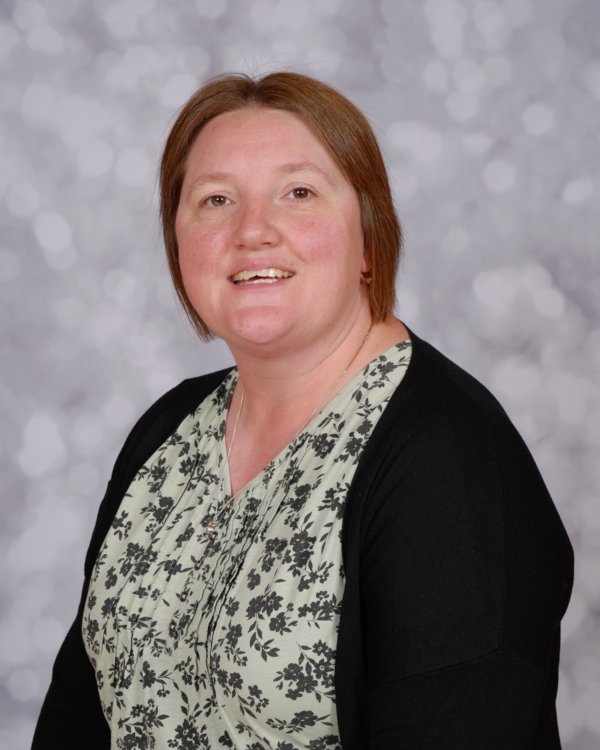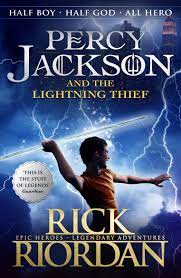Year 5
Meet the Team

Mrs Colwell - 5 Pullman

Miss Jones - 5 Rosen

Mrs Smith - 5 Rosen

Miss Adams - Learning Support

Mrs Stroud - Learning Support
Year 5 class names and author link
Our Year 5 classes are named after Phillip Pullman and Michael Rosen.
Year 5 start and end of day handover information
Handover at start of the school day
5 Pullman pupils are dropped off at the main school entrance. 5 Rosen pupils go into the Clifton building. All children must be accompanied onto the school site by an appropriate adult and observed entering the school site. This is a parental responsibility. NO children should walk to school unaccompanied.
Collection from school at the end of the school day
Pupils are collected from the steps at the side of the key stage 2 building (5 Pullman) and from the Clifton building entrance (5 Rosen). All children will be collected by an appropriate adult at the end of the school day.
These are extracts from our Safeguarding Policy.
Keeping Year 5 pupils safe
Mobile phones in school
Mobile phones are not allowed in school unless there are exceptional reasons, which need to be put in writing by the Parent/Carer to the Headteacher. In these unusual situations, the phone is turned off and handed to the office at the start of the day and collected at the end of the day.
Any mobile phone found in school without permission will be confiscated and parents will be contacted. This rule applies for all extra-curricular activities, e.g., discos, residential, etc.
It would never be appropriate for a mobile phone to be concealed in school and used to contact home or 3rd parties during the school day. Given the context of use this could lead to a fixed term exclusion.
Smart watches
Smart Watches are not allowed in school. The only watches that are appropriate are those with limited functionality i.e. tell the time. The ‘Smart Watches’ not allowed in school are watches that have similar functions to a mobile phone such as a camera, messaging system, ability to record conversations etc.
Any Smart Watch found in school will be confiscated, stored in the school office and will be returned to the pupil at the end of the school day.
These are extracts from our Behaviour Policy.
Protective behaviours
We have a Protective Behaviours culture and children regularly identify and update their Network Hand. This ensures that children know which adults they can approach if they are worried, however ‘awful or small’.
Proactive social media reminders
We send regular and proactive reminders to parents regarding social media and always request you check pupil devices regularly and have full access to all their devices and accounts. By working together in this way we work towards keeping pupils safe.
Learning 4 Life
Our Learning for Life lessons allow us to be proactive with teaching children how to keep themselves safe, learn about relationships education, relationships and sex education and health education.
Year 5 curriculum overview
English Curriculum and key texts
We use key texts to motivate and engage learners. Here are the books we will be studying this academic year.


Year 5 Reading and home learning
As a school we follow the Little Wandle Letters and Sounds Revised scheme. If your child did not pass the Phonic screening test in Years 1 and 2, they will be in a Phonic catch up intervention. This means your child will bring home a reading Phonic practice book to match their reading level. Your child will be heard to read twice a week and a stamp will be given in their reading record to show this with their books being changed weekly.
Children who are not on Phonics will be given a book to match their reading age from our Nelson assessment. Again children will be heard read to read once a week and a stamp will be given in their reading record to show this with their books changed weekly.
If your child is reading their book with little help, please don't worry that it's too easy-your child needs to develop fluency and confidence in reading.
Listen to them read the book each night and write a comment in their reading record. Remember to give them lots of praise-celebrate their success. If they cannot read a word, read it to them. After they have finished, talk about the book together and use the questions and prompts in the back of the book.
If your child has a reading age of ten or above, they will get to choose a book from our free reader section from the school library. Children will be heard to read once every three weeks and will change their books.
Each week, your child will receive either a writing or maths task to complete at home. These tasks will alternate weekly — one week will focus on writing, and the next on maths.
In addition, children will be given a spelling list to learn in preparation for their weekly spelling test.
- Year 1 pupils will also receive a phonics task each week.
- Year 2 pupils who are still working on phonics will also receive a phonic task to support their progress.
All children are expected to practise their reading book regularly at home to help develop fluency and understanding.
Water bottles and snacks
Children should make sure they bring a reusable water bottle into school daily - this must only contain water. Children can make use of our water fountains to refill bottles.
We encourage healthy snacks for break time.
PE Days and Kit
- Black or navy shorts and a white t-shirt, or black or navy tracksuit bottoms and sweatshirts. Tracksuits must be plain and not have logos.
- Properly fitting black pumps or trainers.
- No jewellery to be worn.
- Everything should be labelled with child's name.
- Children should arrive in P.E kit on a Thursday.
Year 5's PE day is a Thursday.
Year 5 parental support and engagement
Throughout the year, the Year 5 teaching team will provide workshops to inform all Year 5 parents/carers of the expectations set of pupils thought their Year 5 journey.
Support at home is a vital part of pupils achieving success.
How to support your child:
- First and foremost, support and reassure your child that there is nothing to worry about, and they should always just try their best. Praise and encourage.
- Ensure your child has the best possible attendance at school.
- Support your child with the weekly completion of their homework.
- Regular arithmetic (e.g. times tables) rehearsal.
- Listen to your child read regularly and ask questions about the text.
- Talk to your child about what they have learnt at school and what book(s) they are reading (the character, the plot, their opinion).
- Make sure your child has a good sleep and healthy breakfast every morning.
How to support your child with writing:
- Encourage opportunities for writing such as letters to family or friends, shopping lists, notes or reminders, stories or poems.
- Write together.
- Encourage the use of a dictionary to check spelling and a thesaurus to find synonyms and expand vocabulary.
- Allow your child to use a computer for word processing, which will allow for editing and correcting of errors without lots of crossing out.
- Remember that good readers become good writers. Identify good writing features when reading (e.g. vocabulary, sentence structure, punctuation).
- Show your appreciation: praise and encourage, even for small successes